The Swim Course Record at Kona to . . . an Age Grouper?
Swimming gave Markus Marthaler a constructive outlet to channel his ADHD, now he’ll use that super power to take the Kona course record.
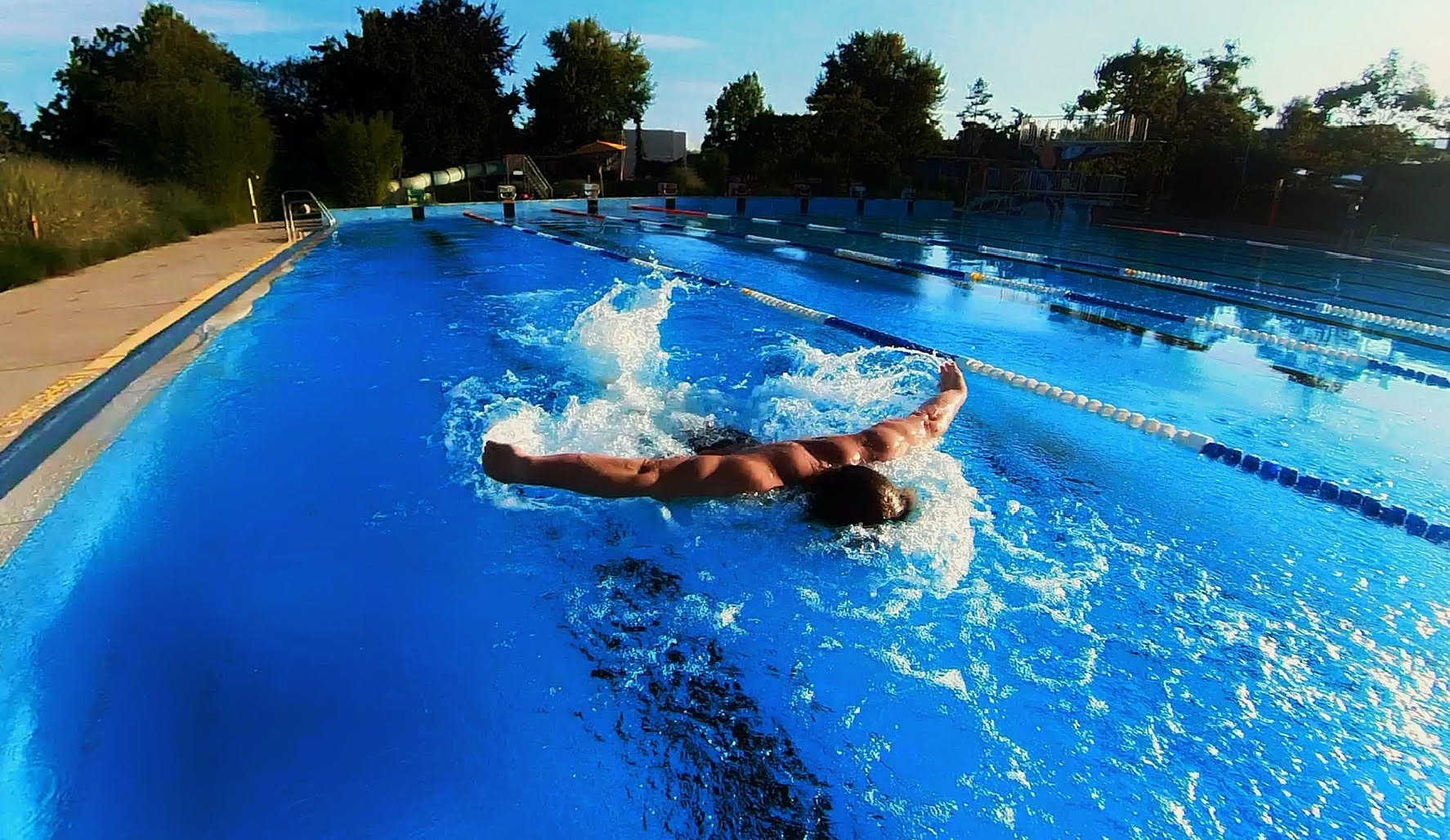
Like many triathletes, former swim pro Markus Marthaler has his sights set on Kona. However, he doesn’t just want to show up on the start line and have a good performance; Marthaler wants a great performance, and he wants to claim Kona’s swim course record as his own.
Marthaler has had a successful swimming career, spanning decades. He has competed at some of the highest levels of swim competitions in the world and knows what it takes to achieve greatness. Kona’s record is his to lose.
Marthaler says, if you want to be a pro athlete or if you want to achieve something great, you can never shoot high enough. “Always go for the highest in that sport. If you reach only half of it, you will be at the best of the best.”
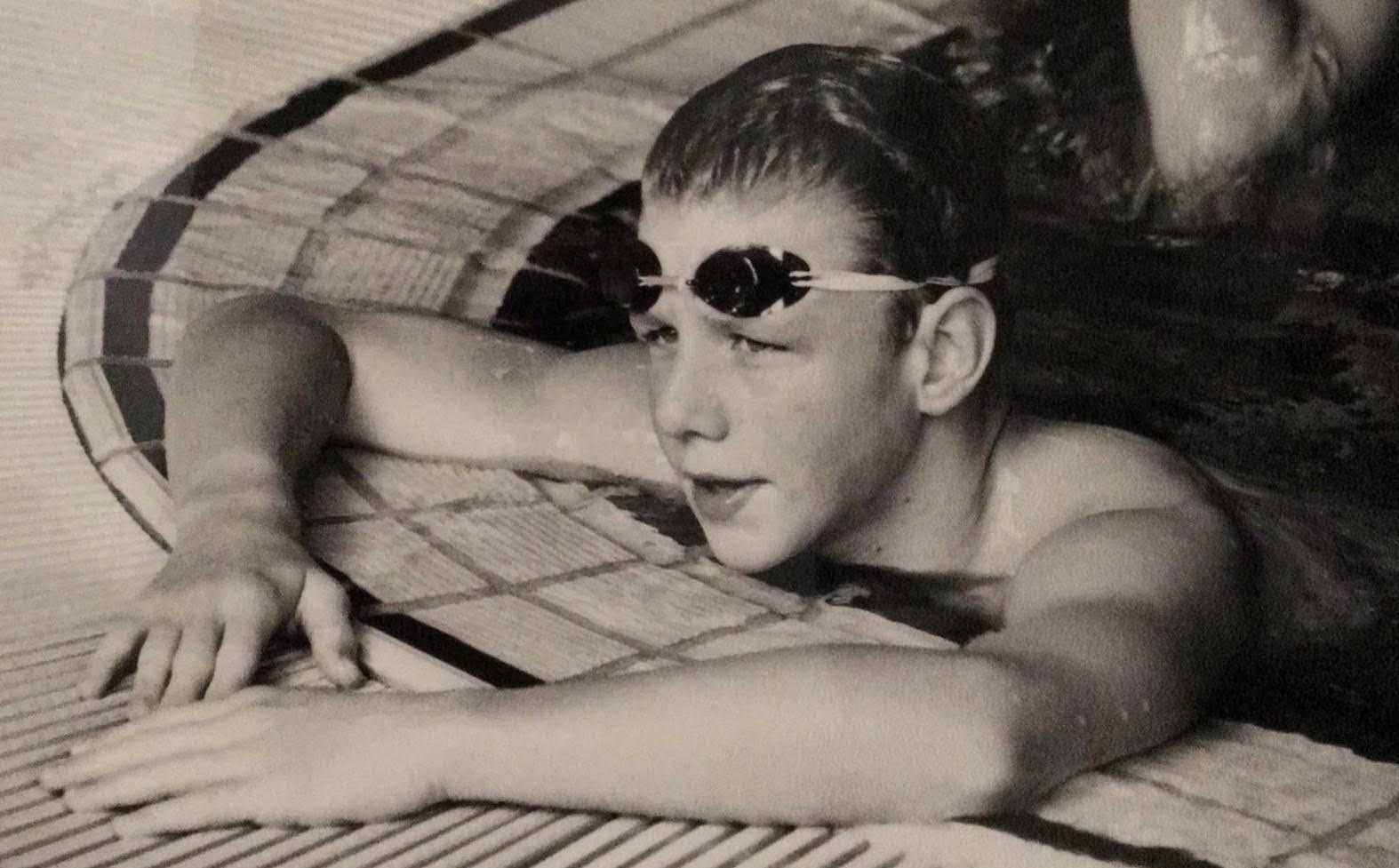
Humble Beginnings
At the age of six, his parents introduced him to the water to channel his excess energy and hone his focus.
He was diagnosed with Attention Deficit Hyperactivity Disorder (ADHD), a common neurodevelopmental disorder, at a young age. The pool was an outlet to release energy in a constructive way.
Said Marthaler, “I was a kid who could suddenly punch a wall or throw my school supplies around out of nothing. I had a lot of energy and could explode very quickly. I had attention difficulties, hyperactivity and impulsivity.”
When Markus began experiencing symptoms at the age of five, ADHD was far less understood. Many believed it was a behavioral issue that required correcting and treatment options were limited. His teachers wanted to enroll him in a class for children with learning disabilities, but his parents had other plans.
The Swim Solution
Sports became an outlet for Marthaler to channel his energy and emotions. He was exposed to all types of sports but the one that stuck was swimming. After joining a local club and swim team, he met his first coach who had a fresh perspective.
“The coach didn’t care about my ‘social maladjustment’ or my ‘social deficit’, NO. He taught me early on that it was somehow a gift if I used it correctly.” Said Marthaler, “I was given the environment to grow, channel my energy and have it ready when I needed it.”
Research shows that in addition to providing an opportunity for youth to release energy, participation in sports can improve focus and attention.
“I became a better and more consistent student, I became calmer, and I began to go through life with an inner balance that I never could have imagined,” said Marthaler.
His grades improved and everyone saw the positive correlation between swimming and school performance. Consistent trips to the pool— four to five times a week—allowed him to release his pent up energy and create a sense of balance.
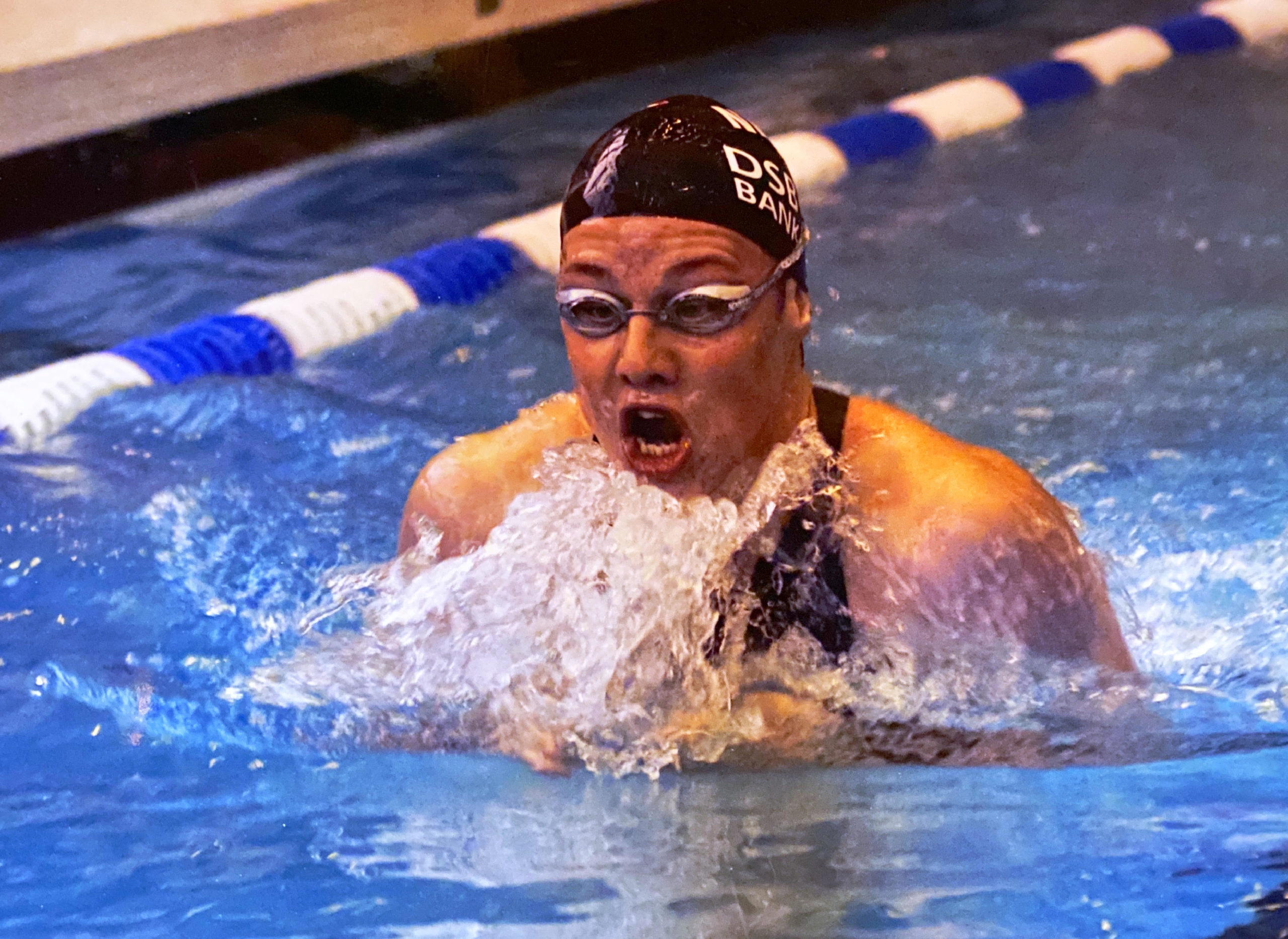
Peaks and Valleys
By the age of eight, Marthaler frequented the pool six times a week and was participating in swim competitions locally and regionally. As he got older, he dialed in his technique and increased his power. He spent hours in the pool, pouring his energy into his workouts. Day in and day out he meticulously tracked each training session through a journal so he could go back and relive each exercise, feeling, kick and stroke.
Eventually, he swam in national competitions and eventually went on to compete at international competitions such as international prestigious meets, World Cups, European World Championships and the likes.
As Marthaler entered his high school years, his swim progress began to plateau. He was so far ahead of the curve in his preteen years, that as he approached 14-15 years old, “people just started catching up,” said Marthaler. But his drive never wavered and he continued to put in the work. Eventually he began to see improvements in his performance once again and from ages 16-19, he said he “got his smile back.”
But in Switzerland, swimming and sports in general, were not encouraged into adulthood. Higher education and a career was preferred so Marthaler enrolled in university to pursue a law degree.
“Then it came to the point when I was 22, when I quit swimming completely. No national team anymore, nothing anymore, work just happened. I was then doing my law degree, working full time, and still doing a bit of swimming, not enough anymore. I tried to bury myself with work as the outlet. It was a toxic one. I got moments of being uneasy,” said Marthaler.
He struggled to maintain equilibrium. He learned that work was an unhealthy outlet for him to channel his anxieties and impulsivities. He also began to see negative impacts on his social life as well.
“When your brain moves quicker than other people, you can be manipulative. It was a way of having these moments when it gets too much and you lose it,” he recalls.
“Through the transition of going from student to professional, I lost sight of being an athlete. Swimming was still a part of my life, but it took more of a back seat.”
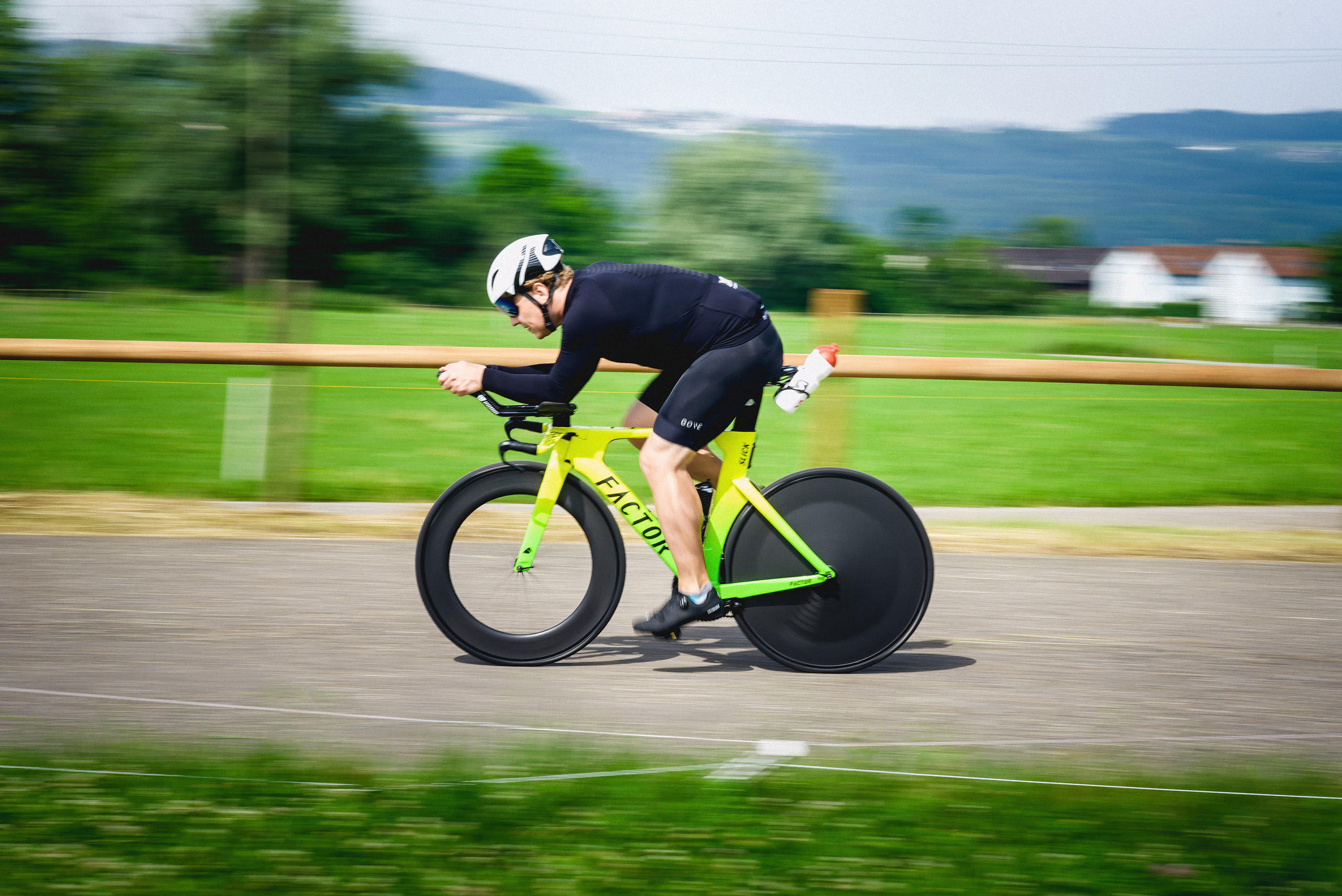
Project Ironman
Despite the demands of his career, Marthaler never left the pool completely. He swam regularly to maintain some semblance of normalcy and endurance.
“One thing I always loved was water and the feeling of how it made me feel. I could swim for hours just for myself.”
In 2018, a friend called him and told him he wanted to check an item off of his bucket list: complete a full Ironman. He asked Marthaler to help him train for the swim.
“By the end of the conversation I said, yes, I will do it too. Let’s share the pain.”
“Then my project [Project Ironman] started and it got easier. I got balanced. That’s the moment I realized I need all this to be balanced in life. I need my sport.”
Triathlon wasn’t entirely new for Marthaler. In his late teen years, he participated in Olympic distance triathlons in the off season.
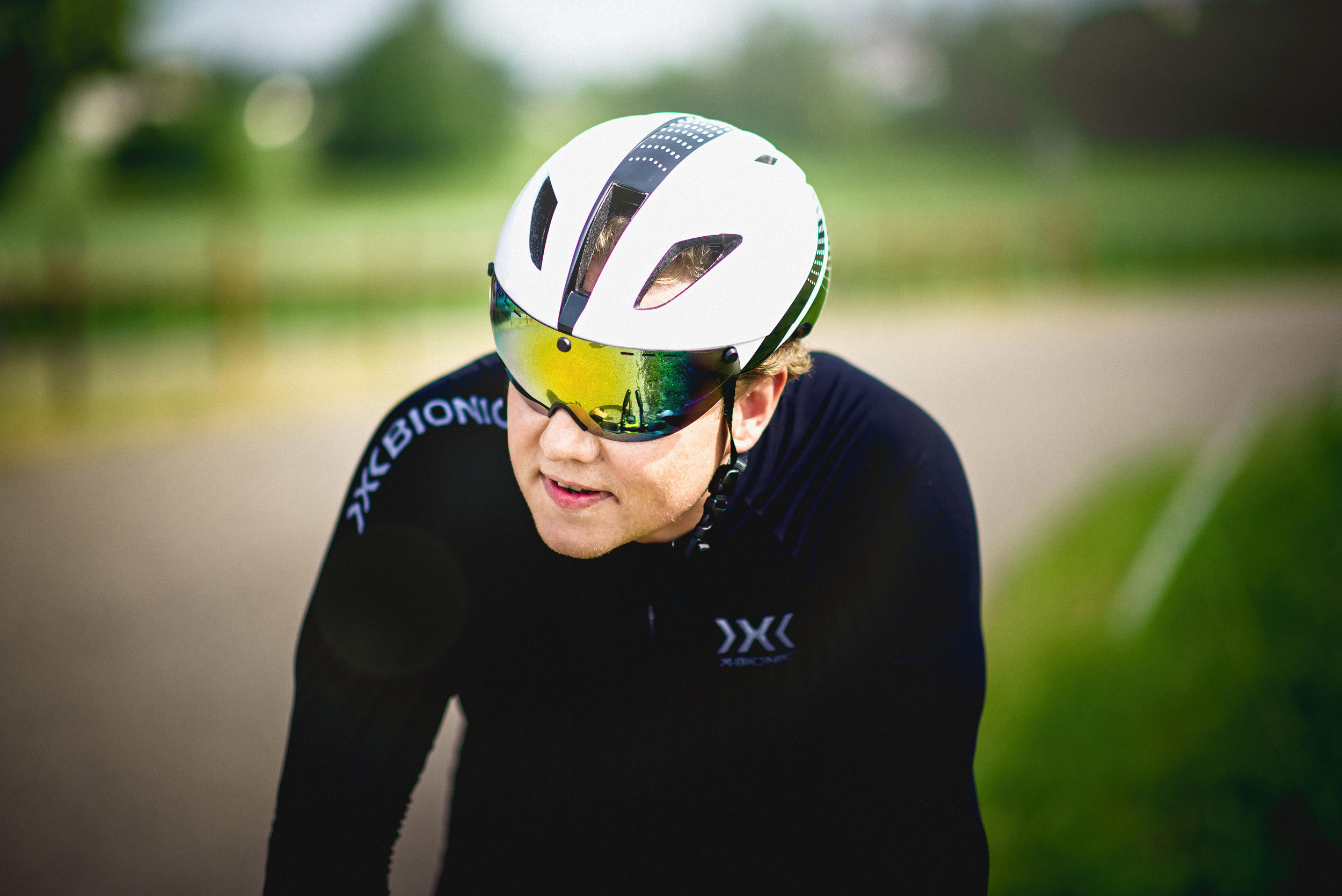
Onwards and Upwards
Marthaler is now three and a half years into Project Ironman, since the last two races were canceled due to Covid. He is still training every day and has his sights set on that Kona qualification.
He continues to keep a journal of his progress. His entries allow him to reflect and relive the workouts. Some of his progress he shares online with his thousands of Instagram followers. While the exercise is for his own benefit and growth, he enjoys helping others improve their form and technique.
When reflecting on how the structure of Ironman training has affected his day to day, he recognizes and appreciates the importance of having this sports outlet. Swimming, and now triathlon has given him structure that other aspects of his life couldn’t fulfill.
Marthaler is set to toe the line at Ironman Klagenfurt in Austria on July 3, 2022. He is hoping his performance yields that coveted Kona qualification. And when he makes it to Kona, he will lock in on setting its swim course record.

